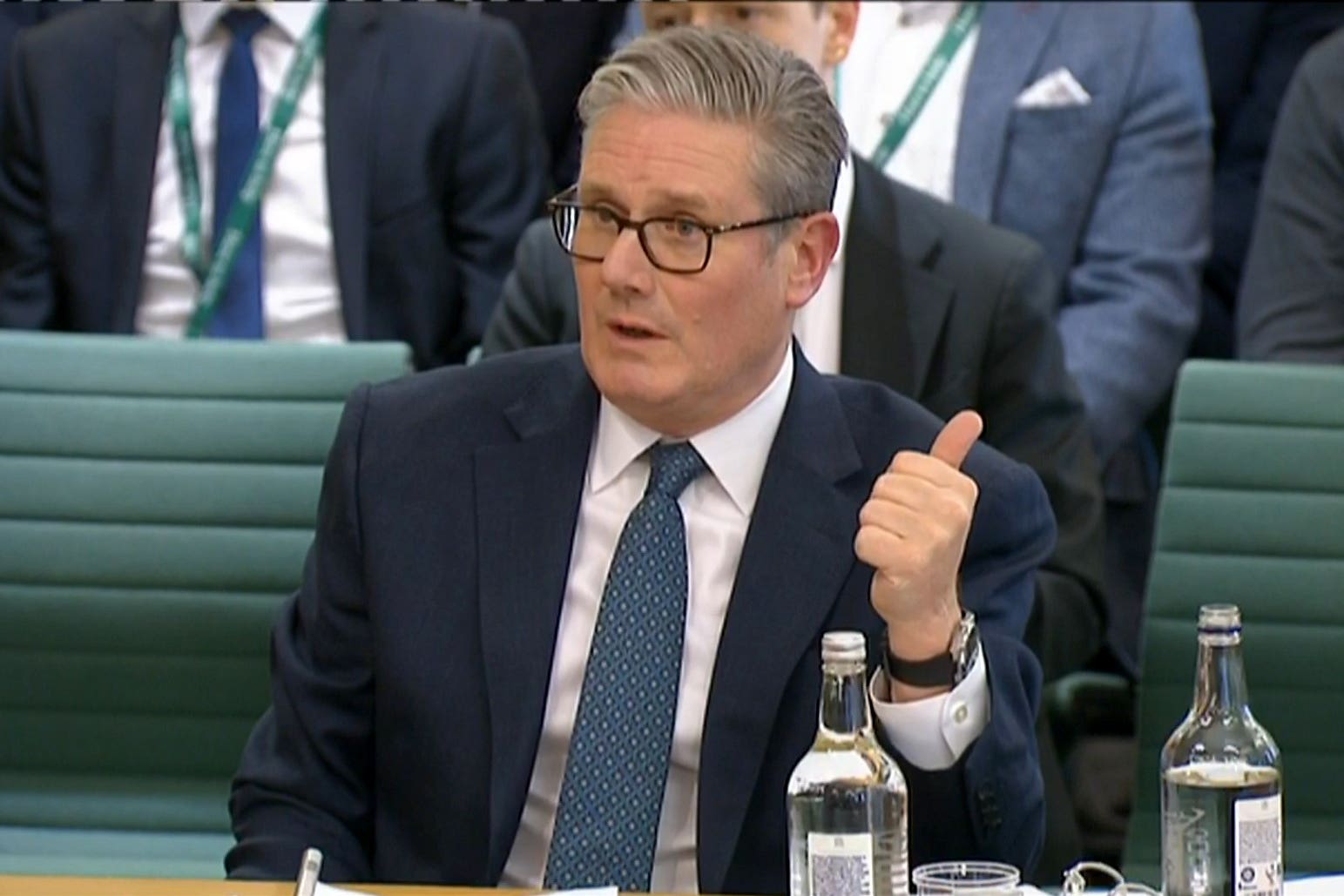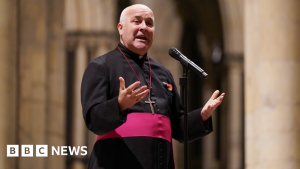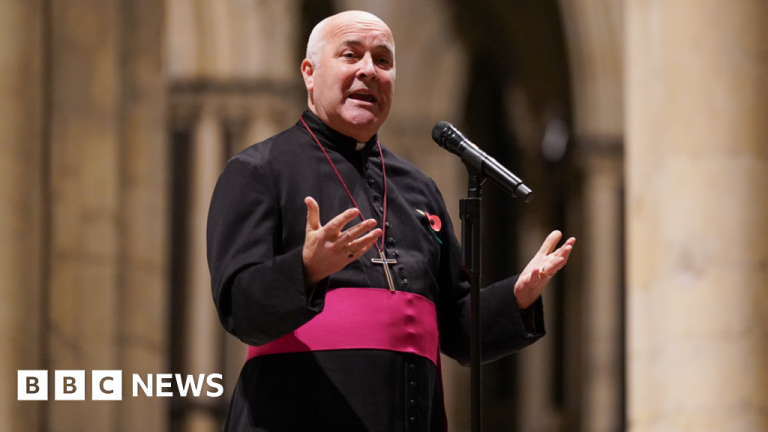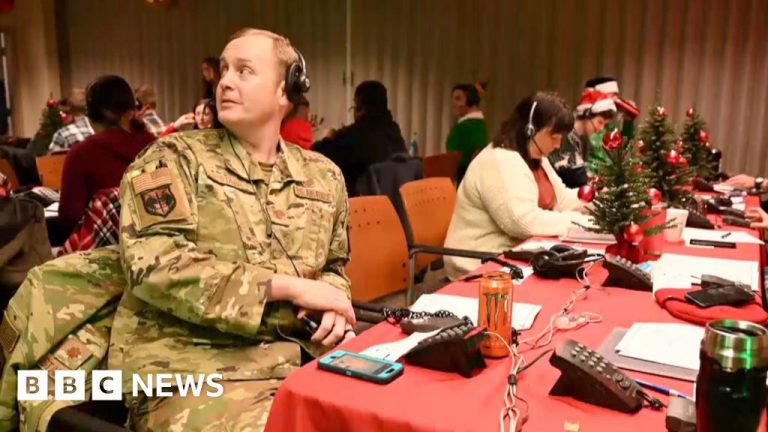Keir Starmer has undermined the leading justification for his government’s “family farm tax“ in an evidence session with MPs on the powerful liaison committee.
Previously his farming minister Daniel Zeichner had told MPs that the changes to inheritance tax rules to include agricultural land was to prevent the super rich like entrepreneur Sir James Dyson and TV personality Jeremy Clarkson from investing in farms to avoid death duties.
But in a dramatic turn of events today in the Commons, the prime minister admitted this was not true and that his government was simply looking at a way of raising revenue.
On 4 November in the Budget debate on implications for farming communities, Mr Zeichner said: “Sadly, [the inheritance tax exempion on farms] has been used in some cases by wealthy landowners to avoid inheritance tax. That is why the government have announced plans to reform agricultural property relief.”

But grilled by environment, food and rural affairs committee chairman Alistair Carmichael on liaison committee, Sir Keir admitted this justification given to MPs and others was not true.
Mr Carmichael asked: “Who were the targets for these changes? Was it the super rich sheltering wealth? Was it the family farmers? Or was it both?”
Starmer replied: “The purpose was to raise revenue in the budget. It wasn’t aimed at a particular group of individuals. We inherited a really bad situation and we decided we couldn’t hit the pay packets of working people.
“It wasn’t targeted at this group or that group. What we tried to do was protect the family farm by putting a high threshold.”
Pressed further on the subject, he added: “What the very wealthy do within the rules is a matter for them. But what we wanted to do is to raise the revenue necessary because we had to not only balance the books in the budgets but we also had to make important investments in schools and the NHS.”
The prime minister was also confronted over laughing about the issue.
Mr Carmichael noted: “We had one witness giving evidence to the select committee who, when talking about the impact on his farming business, broke down. So there are a lot of people who don’t find this funny. How does it make you feel to hear that witnesses were breaking down before my select committee?”

Sir Keir replied: “Well of course nobody’s comfortable with that but that is why I took the decision to have a meeting with the president of the NFU (Tom Bradshaw) to invite him in for a meeting with me. Not with a great fanfare but just for a private meeting so that I could hear for myself first hand from him as to the points that he wanted to make understandably.”
The exchanges follow revelations by The Independent that the economists who first proposed the changes have changed their position and now become critical of the government’s approach hitting many family farms.
Sir Keir insisted that he believed Treasury figures suggesting only 500 farms a year would be dragged into the changes were “robut”. But they have been disputed by the NFU using Defra figures which suggest it could be as many as 70 per cent of farms.
After the evidence session, Mr Carmichael said: “The prime minister has undermined the case made by Treasury and Defra ministers who have sought to pretend that this was about tackling the Jeremy Clarksons and James Dysons of this world.
“It was clear from his answers that it is just about raising money. He could not have been clearer that if farmers are caught and farms have to be sold then that is fine by him.
“Six months on from the general election the prime minister looks out of touch from ordinary people, especially those living in rural communities.”


























+ There are no comments
Add yours